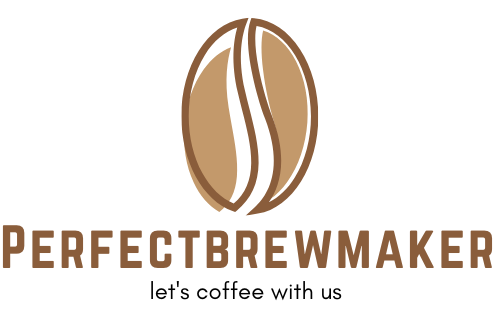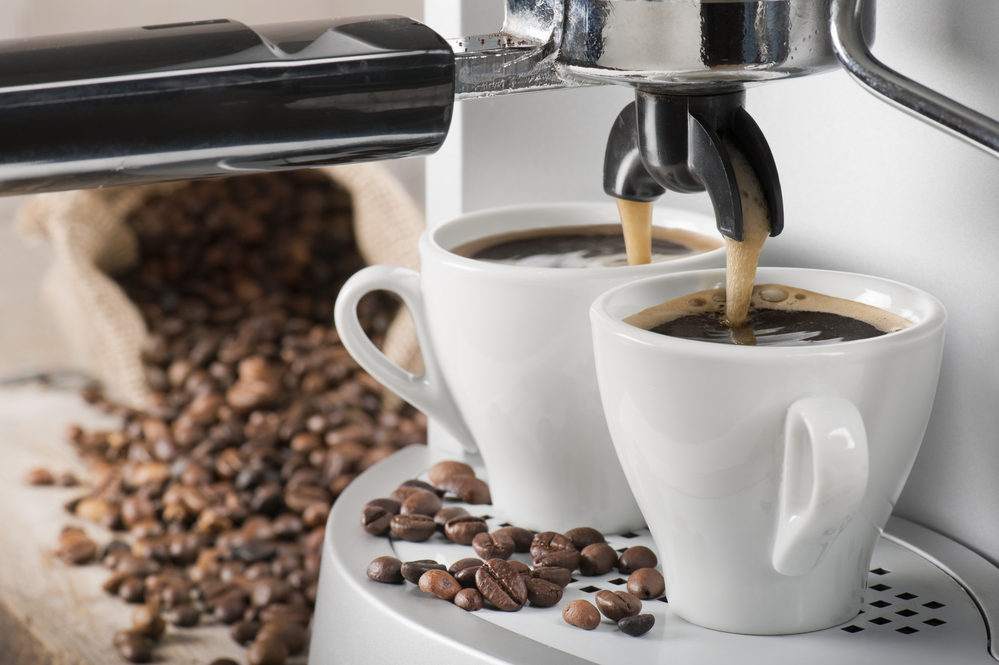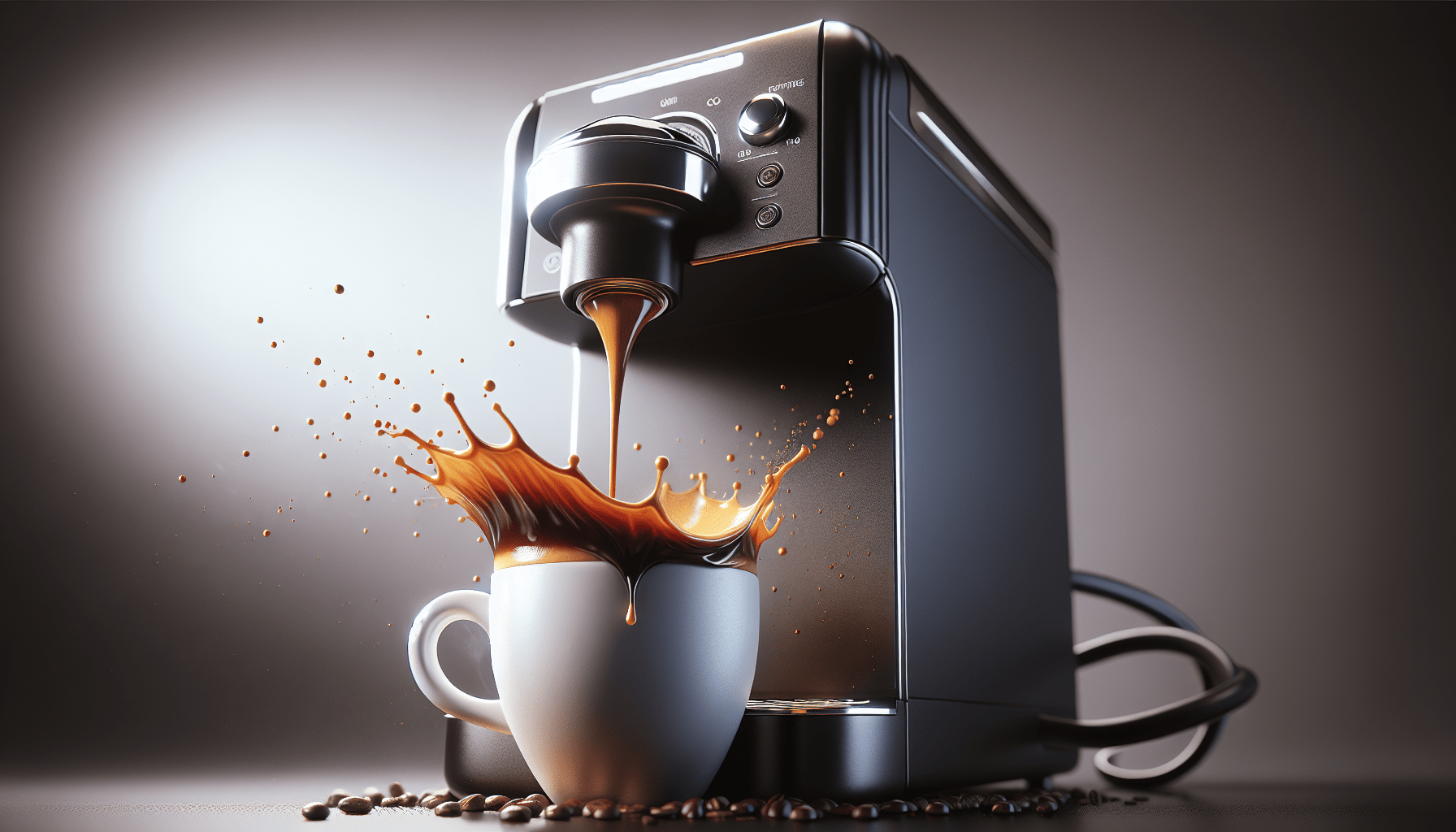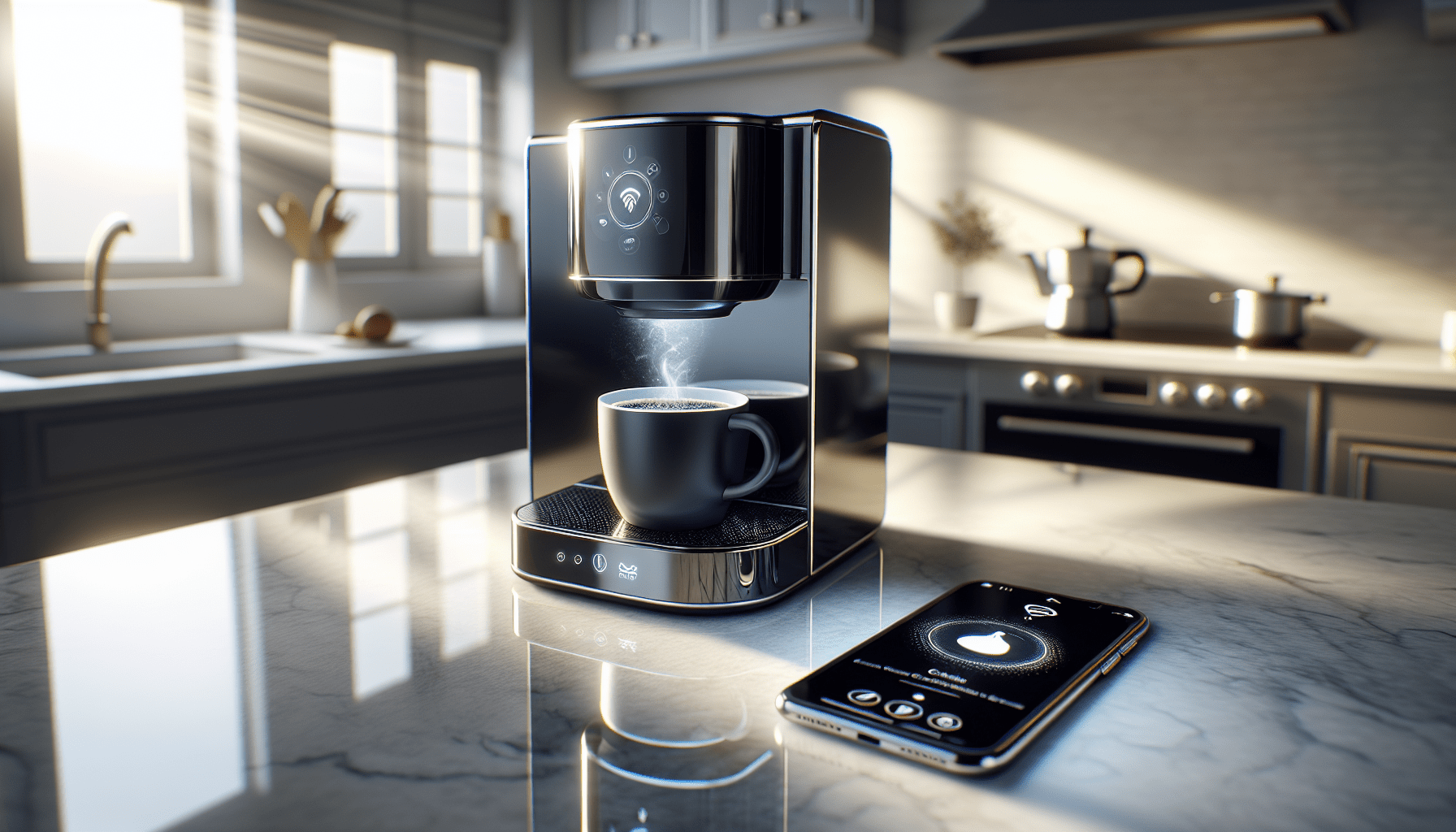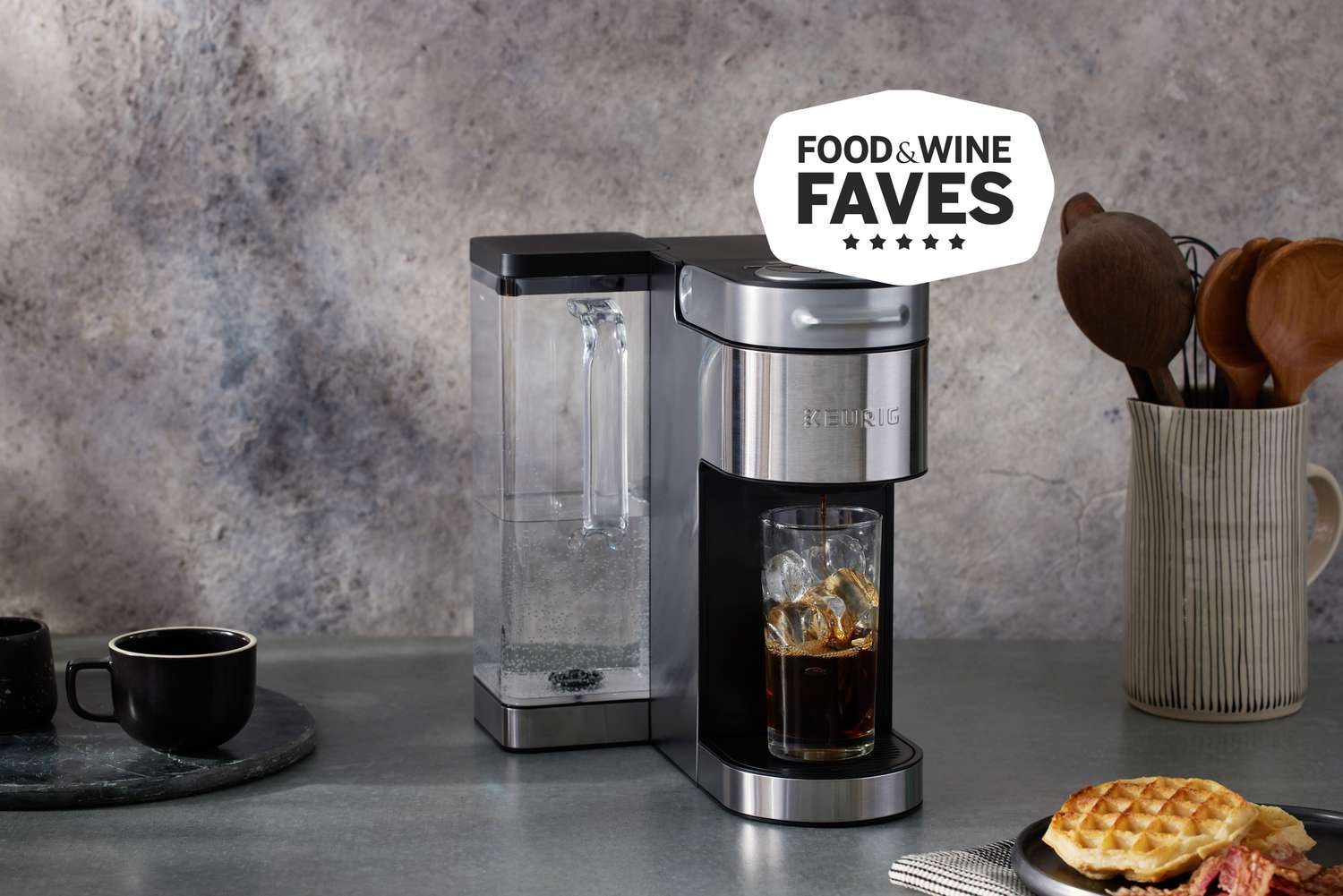Coffee lovers around the world can’t resist the allure of a freshly brewed cup of joe. And with the rise in popularity of single-serve coffee makers, the convenience factor is undeniable. But have you ever wondered if these machines are energy-efficient? In this article, we explore whether single-serve coffee makers are a sustainable choice, taking into consideration their energy consumption and environmental impact. So, grab a cup of your favorite brew and let’s find out if your morning beverage is worth the energy it consumes.
Energy Consumption of Single-Serve Coffee Makers
Overview of Single-Serve Coffee Makers
Single-serve coffee makers have gained immense popularity in recent years due to their convenience and ease of use. These machines are designed to brew a single cup of coffee at a time, eliminating the need for a full pot of coffee. They have become a staple in many households and offices, providing a quick and efficient way to satisfy one’s caffeine cravings. However, with the increasing concern for energy conservation and environmental sustainability, it is important to evaluate the energy consumption of these coffee makers and their impact on our planet.
Energy Efficiency Ratings
To determine the energy efficiency of single-serve coffee makers, it is essential to consider their energy efficiency ratings. Energy efficiency ratings are standardized measurements that help consumers compare the energy consumption of different appliances. In the case of coffee makers, these ratings take into account factors such as power consumption, brewing time, and standby power usage. By choosing a coffee maker with a higher energy efficiency rating, you can minimize your energy consumption and reduce your environmental footprint.
Power Consumption Comparison
When comparing the power consumption of single-serve coffee makers, it is important to note that different models may vary significantly in their energy usage. The power consumption is typically measured in watts, and it is important to look for models that have lower wattage. This not only helps reduce your energy consumption but also saves you money on your electricity bill. Additionally, some coffee makers have energy-saving features such as auto-shutoff timers, which can further reduce their power consumption when not in use.
Factors Affecting Energy Efficiency
Brewing Method
The brewing method used by single-serve coffee makers can have a significant impact on their energy efficiency. Some coffee makers use a high-pressure system, which heats water quickly and brews the coffee in a matter of seconds. This rapid brewing process reduces the overall energy consumption compared to traditional coffee brewing methods, such as drip brewing. It is important to consider the brewing method when choosing a coffee maker, as it can contribute to energy conservation.
Standby Power Usage
Standby power usage refers to the amount of energy consumed by a coffee maker when it is not actively brewing coffee. Some models have a higher standby power usage, which means they continue to draw power even when not in use. It is important to look for coffee makers that have a low standby power usage or feature an auto-shutoff function. By minimizing standby power usage, you can further enhance the energy efficiency of your coffee maker.
Machine Design and Features
The design and features of single-serve coffee makers can also impact their energy efficiency. Some machines are designed with energy-saving features, such as programmable timers that allow you to preset brewing times. This enables you to optimize your coffee maker’s energy consumption by brewing coffee at specific times, ensuring that it is ready when you need it. Additionally, certain models have insulated carafes or thermal mugs, which help retain heat and reduce the need for reheating, further conserving energy.
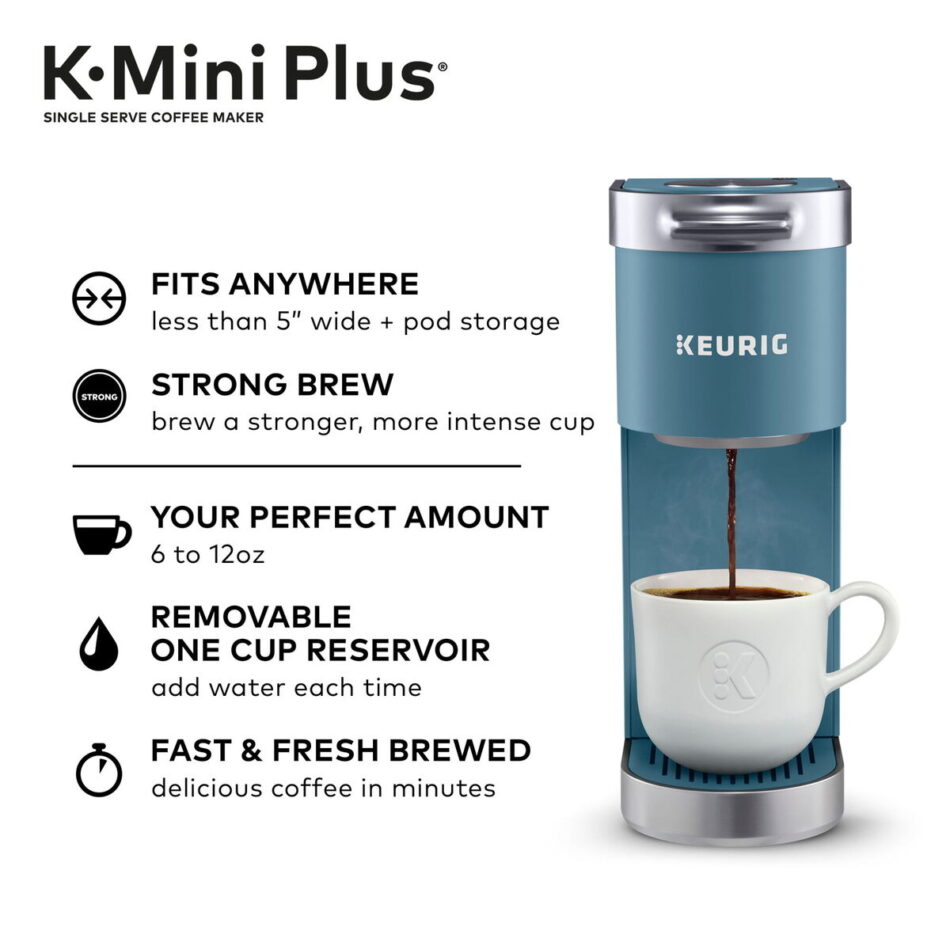
Energy Star Certification
What is Energy Star?
Energy Star is a voluntary program established by the U.S. Environmental Protection Agency (EPA) to promote energy efficiency. Appliances and electronics that meet or exceed the strict energy efficiency criteria set by the EPA are awarded Energy Star certification. This certification serves as a reliable indicator of energy efficiency and can help consumers make informed choices when purchasing energy-consuming products.
Energy Star Certified Single-Serve Coffee Makers
Many single-serve coffee makers on the market are Energy Star certified. These machines have met the rigorous energy efficiency standards set by the EPA and can significantly reduce energy consumption compared to non-certified models. By choosing an Energy Star certified coffee maker, you can be confident that your appliance has undergone thorough testing and meets the highest energy efficiency standards.
Benefits of Choosing Energy Star Certified Machines
Opting for an Energy Star certified single-serve coffee maker offers several benefits. Firstly, it ensures that your coffee maker is designed to maximize energy efficiency, helping you save on energy costs. Additionally, Energy Star certified appliances often come with advanced features, such as programmable timers and auto-shutoff functions, which further enhance energy conservation. Lastly, by choosing an Energy Star certified machine, you are actively contributing to environmental sustainability by reducing your carbon footprint.
Life Cycle Assessment
Understanding Life Cycle Assessment
Life cycle assessment (LCA) is a method used to evaluate the environmental impact of a product throughout its entire life cycle, from raw material extraction to end-of-life disposal. For single-serve coffee makers, LCA enables us to assess the energy consumption, greenhouse gas emissions, and waste generation associated with the production, use, and disposal of these machines. Understanding the life cycle assessment of coffee makers provides valuable insights into their overall environmental impact.
Environmental Impact of Single-Serve Coffee Makers
When evaluating the environmental impact of single-serve coffee makers, several factors come into play. The extraction and production of materials, such as plastic and metal, contribute to carbon emissions and resource depletion. The use phase, where energy consumption is highest, also has a significant impact on the environment. Finally, the disposal of coffee makers, including the waste generated from packaging and old machines, further contributes to environmental degradation. It is crucial to consider the entire life cycle of single-serve coffee makers to make informed decisions that prioritize environmental sustainability.
Comparing Single-Serve to Traditional Coffee Brewing Methods
Compared to traditional coffee brewing methods, such as drip brewing, single-serve coffee makers can consume less energy per cup of coffee. When brewing a full pot of coffee, traditional coffee makers may use a significantly higher amount of water and energy. Single-serve coffee makers, on the other hand, only heat and brew the amount of coffee needed for a single cup, reducing wastage and energy consumption. However, it is important to consider other factors, such as the environmental impact of coffee pods and the overall energy consumption of single-serve systems, when comparing these brewing methods.
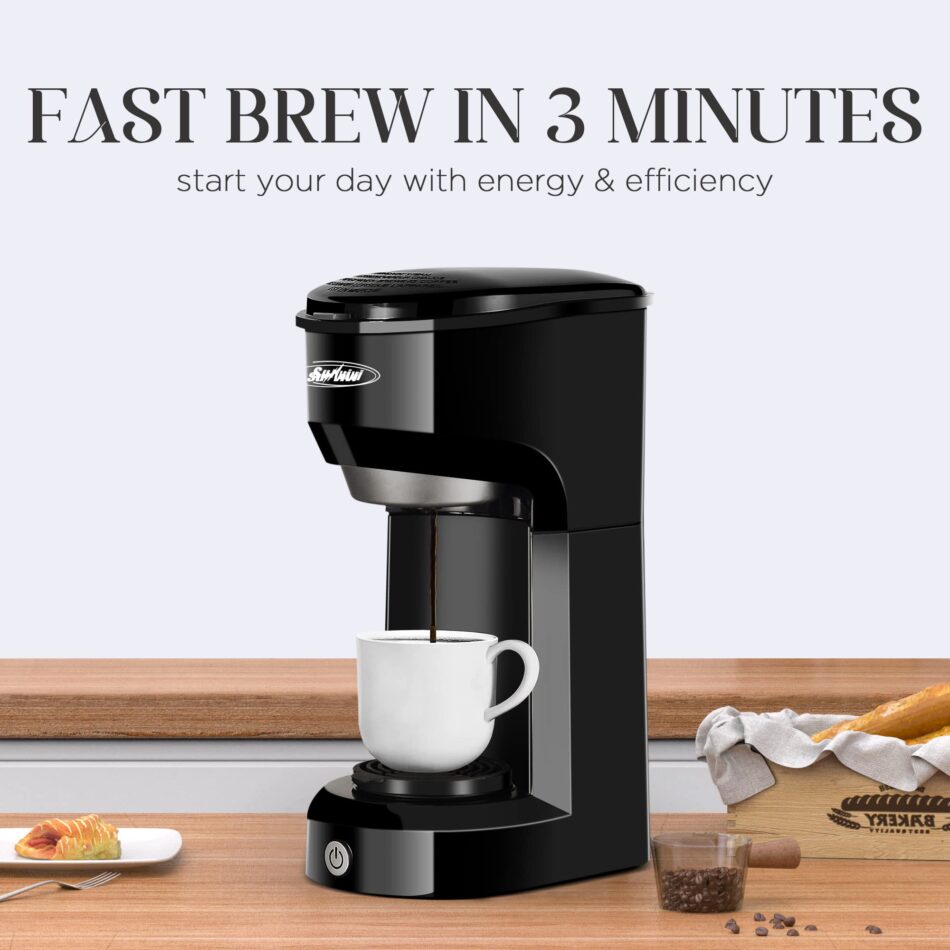
Tips for Maximizing Energy Efficiency
Optimize Brew Sizes
To maximize the energy efficiency of your single-serve coffee maker, consider optimizing your brew sizes. Most machines offer various cup size options, allowing you to select the appropriate amount of coffee for your needs. By brewing only what you intend to consume, you can minimize water and energy waste. Additionally, larger cup sizes require more energy for heating, so choosing smaller brew sizes can further enhance energy efficiency.
Use Energy-Saving Features
Take advantage of the energy-saving features available on your coffee maker, such as programmable timers and auto-shutoff functions. By using the programmable timer, you can preset your coffee maker to start brewing at a specific time, ensuring that it is ready when you wake up or arrive home. Auto-shutoff features are particularly useful for reducing standby power usage, as they automatically turn off the machine after a certain period of inactivity.
Proper Machine Maintenance
Regular maintenance of your single-serve coffee maker is essential for optimal energy efficiency. Clean the machine regularly to remove any buildup or residue that may hinder its performance. Descaling the coffee maker, as recommended by the manufacturer, can also improve its energy efficiency by ensuring that the heating elements function efficiently. Proper maintenance not only extends the lifespan of your coffee maker but also ensures that it operates at its highest energy efficiency levels.
Alternative Energy Sources
Solar-Powered Single-Serve Coffee Makers
For those looking to reduce their dependency on the electrical grid and maximize energy efficiency, solar-powered single-serve coffee makers are a sustainable option. These innovative machines harness the power of the sun to brew your morning cup of coffee. Solar panels integrated into the coffee maker capture solar energy, which is then used to heat the water and power the brewing process. By utilizing renewable energy, solar-powered coffee makers minimize their environmental impact and provide a greener alternative for coffee lovers.
Battery-Powered Single-Serve Coffee Makers
Battery-powered single-serve coffee makers offer a portable and energy-efficient solution for coffee enthusiasts on the go. These compact machines are equipped with rechargeable batteries that can be powered by various sources, such as solar energy or conventional electrical outlets. By using battery power instead of relying on continuous electrical supply, these coffee makers conserve energy and provide convenience in outdoor or off-grid settings.
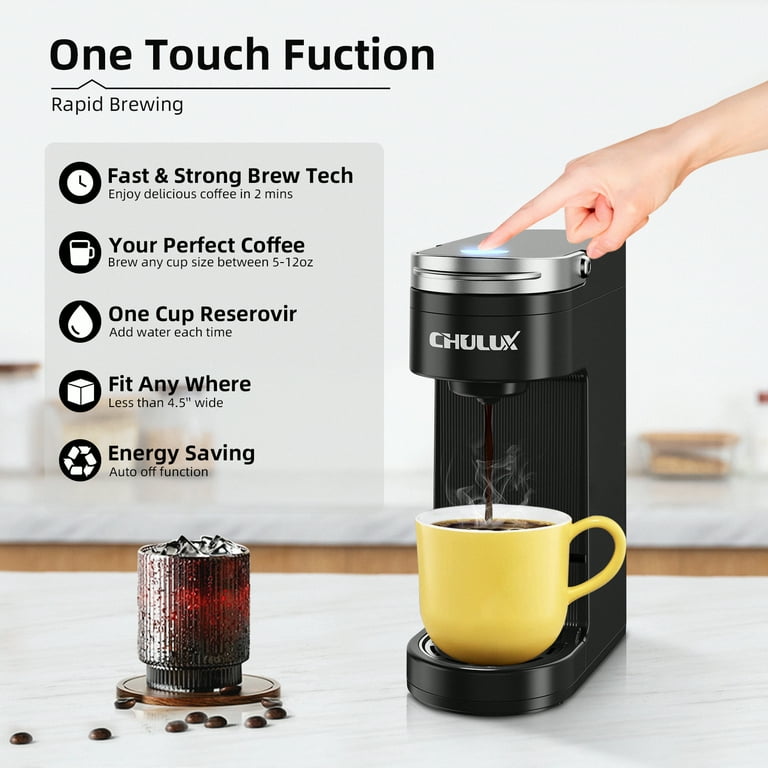
Considerations Beyond Energy Efficiency
Waste Generation
While energy efficiency is an important factor to consider when evaluating coffee makers, waste generation is another crucial consideration. Single-serve coffee makers often rely on coffee pods or capsules, which can contribute to significant waste, particularly if not properly disposed of or recycled. It is important to choose coffee makers that offer reusable or compostable options to minimize waste generation and promote environmental sustainability.
Environmental Impact of Coffee Pods
Coffee pods, often made of plastic or aluminum, have garnered criticism for their environmental impact. The production and disposal of these single-use pods contribute to plastic waste and resource depletion. However, some manufacturers have taken steps to address this concern by offering recyclable or compostable pods. It is important to research and choose coffee pod options that align with your environmental values to minimize their overall impact.
Sustainability and Ethical Sourcing Practices
When considering coffee makers, it is worth exploring the sustainability and ethical sourcing practices of the brands and manufacturers. Supporting companies that prioritize sustainable and ethical practices, such as fair trade and organic certifications, can contribute to a more environmentally conscious choice. By choosing coffee makers from responsible companies, you promote sustainable agriculture and support communities that rely on coffee production.
Consumer Decision-Making
Balancing Energy Efficiency and Convenience
When making a decision about a single-serve coffee maker, it is essential to strike a balance between energy efficiency and convenience. While energy-efficient models may conserve energy, they may not offer the same level of convenience as some other options. Consider your lifestyle and personal preferences when choosing a coffee maker. If convenience is a top priority, look for models that offer energy-saving features and certifications that align with your sustainability values.
Personal Preferences and Priorities
Ultimately, your personal preferences and priorities should guide your decision-making process. Consider factors such as taste preferences, desired brewing capacity, and overall functionality when choosing a coffee maker. While energy efficiency is important, it is just one aspect to consider among many. By considering your unique needs and preferences, you can find a coffee maker that meets your requirements while minimizing energy consumption and promoting environmental sustainability.
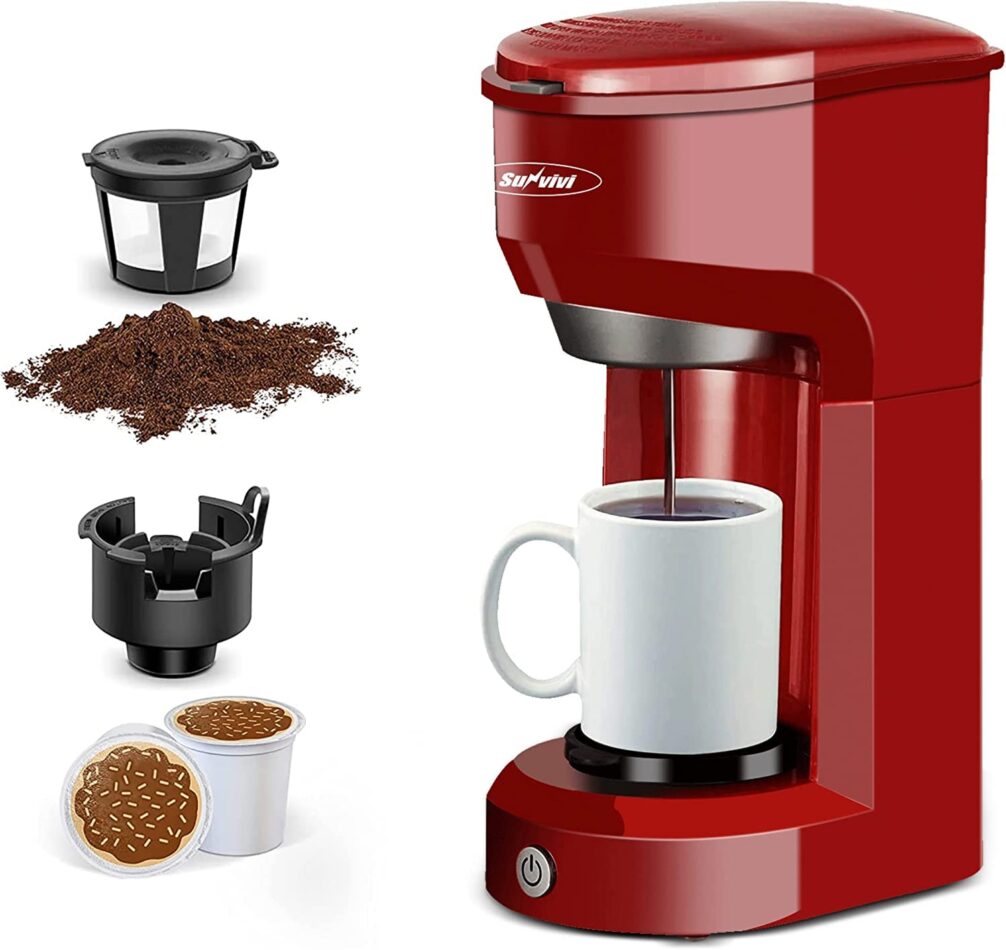
Conclusion
Summary of Energy Efficiency of Single-Serve Coffee Makers
Single-serve coffee makers can vary significantly in their energy efficiency, depending on factors such as brewing method, standby power usage, and machine design. It is important to consider these factors when looking for an energy-efficient coffee maker to minimize your energy consumption and reduce your environmental impact. Additionally, Energy Star certification serves as a reliable indicator of energy efficiency and can assist you in making an informed choice that prioritizes sustainability.
Factors to Consider for Environmentally Conscious Choices
Beyond energy efficiency, it is crucial to consider other factors when making environmentally conscious choices regarding coffee makers. Evaluate the overall environmental impact of coffee makers based on their life cycle assessment, waste generation, and the sustainability and ethical practices of the brands. By carefully considering these factors and finding a balance between energy efficiency and personal preferences, you can make a decision that aligns with your environmental values and supports a more sustainable future.
